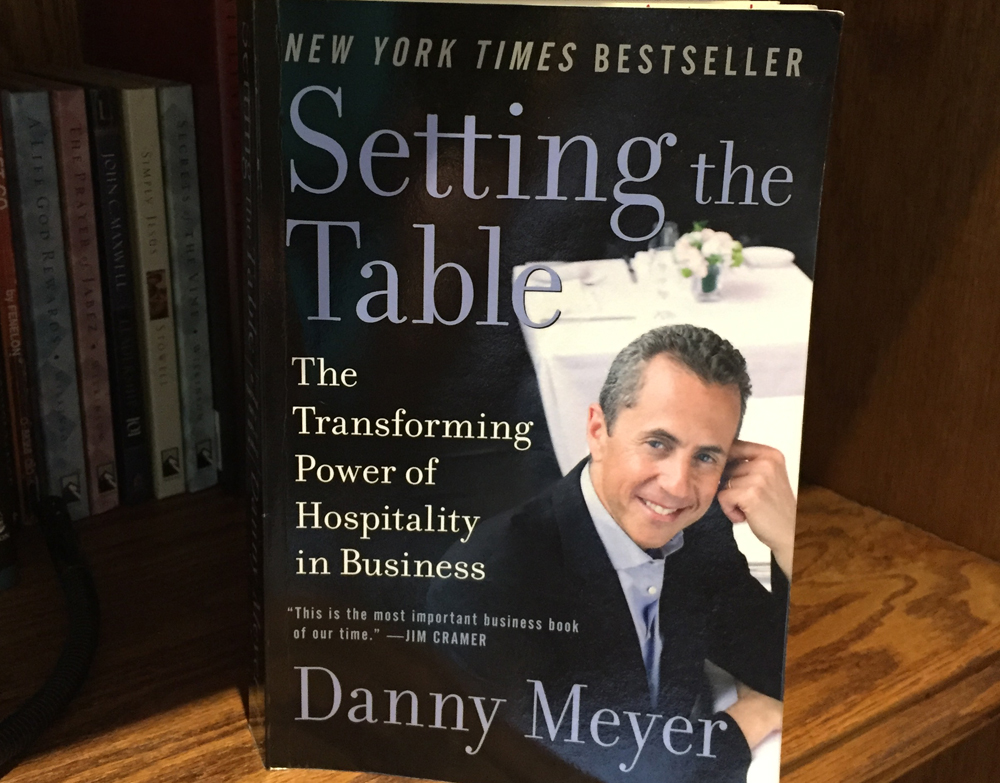
Recently a dear friend asked to borrow one of the books I am now reading. Even though I know she would return it in good time and in good shape, I politely said no. The reason—yes, I’m kinda stingy that way, but my books are an extension of my journal. I write my response to the author’s ideas. I make an index in the back for things I know I will revisit for myself, in my writing, or to share with a friend. My books are personal. All this to say, this new blog feature will be the same–up close and personal.
Today I am starting a new feature. Once a week or so I will share with you a book that has touched my soul and influenced who I am. It would be my delight to share these treasures with you. Besides that, you are a more gracious audience—I try to share with my kids and Gene and I think I’m too enthusiastic. Their eyes glaze over and I know I have lost them. I will do my best to keep you engaged here! Think of it as me sharing my heart with you over coffee.
When I read a Christian book I am alert to what is or is not biblical. Just because the book is published by a Christian publisher or written by a Christian author, doesn’t mean I accept everything written as truth until I compare it to the Bible. I do the same when I read a book written for the secular market. I compare what the author writes against the Bible and the life of Christ. I am surprised how often, without knowing it, the author teaches biblical principles and exemplifies how well they work in real life.
Such is the case with Setting the Table: The Transforming Power of Hospitality in Business by Danny Meyer. In case you have not heard of Mr. Meyer I will share the short bio on the back of the book.
“Danny Meyer is the CEO of Union Square Hospitality Group, and his restaurants and their chefs have earned an unprecedented seventeen James Bear Awards. He is the coauthor of The Union Square Café Cookbook and Second Helpings from Union Square Café, and he lives in New York City.”
I would prefer to change the wording of the title to—“The Transforming Power of Hospitality in Life.”
Mr. Meyer teaches the value of treating people well—like we would want to be treated. He calls it “enhanced hospitality.” He begins the thesis for the book, “Business, like life, is all about how you make people feel” (3). Jesus did that for people. He made them feel seen, heard, and cared for. When He gave His last measure for them He made them feel loved. If as followers of Christ we would take Mr. Meyer’s conviction to heart and make people feel seen, heard, cared for, and loved, we would be living like Christ.
Here a few principles I took from the book that can be applied to most areas of life:
- Gentle, constant pressure—Consistently and gently moving forward yourself and others. He applies it to business, but instantly I saw a parenting principle. Parents need to gently and consistently keep nudging their children towards obedience and good character. (191)
- Empathy—“Empathy is not just an awareness of what others are experiencing; it’s being aware of, being sensitive to, and caring about how one’s own behavior affects others.” (145) How often do we stop to consider how our words, actions, or attitudes affected someone else? Mr. Meyer’s definition of empathy was a powerful reminder to me to consider what it’s like to be on the other side of me.
- Handling Mistakes—“The road to success is paved with mistakes well handled.” (220) We all make mistakes. Mr. Meyer teaches how to immediately acknowledge and apologize, and make it right with the other person. No cover-up, no excuses. If only our government and society would live this principle!
- Nonnegotiables—“I realized that a critically important role for me, as the leader of the company, was to define upfront what was nonnegotiable” (232). This principle has application in every area of life. Businesses, organizations, churches—all need to let their people know what the nonnegotiables are. The leadership needs to lead by example and live out the nonnegotiables. We are all human so there will be mistakes. See the principle above. This principle is especially applicable in families. When the kids were home (and still now) they knew our nonnegotiables. We talked about them but more importantly we lived them so there weren’t often arguments about them. The kids knew what was allowed and not allowed for them and their guests. For example: respect shown to everyone, no foul language or innuendos, no smoking, everyone helped with chores (not the guests). We have updated our nonnegotiables to protect our family time—no devices at the table.
This book is also full of excellent advice on business, leadership, and entrepreneurship.
If you read it, I’d love to hear your thoughts at Brenda@brendagarrison.com.
Danny Meyer, Setting the Table: The Transforming Power of Hospitality in Business, (New York: HarperCollins Publishing, 2006).
Brenda Garrison is an author and speaker who empowers women with the confidence to live their calling. Brenda is currently pursuing a Bachelor of Science Degree in Ministry Leadership with a Concentration in Women’s Ministry at Moody Bible Institute. She and her husband, Gene, are the parents of three young adult daughters and live near Metamora, IL.


brenda@brendagarrison.com